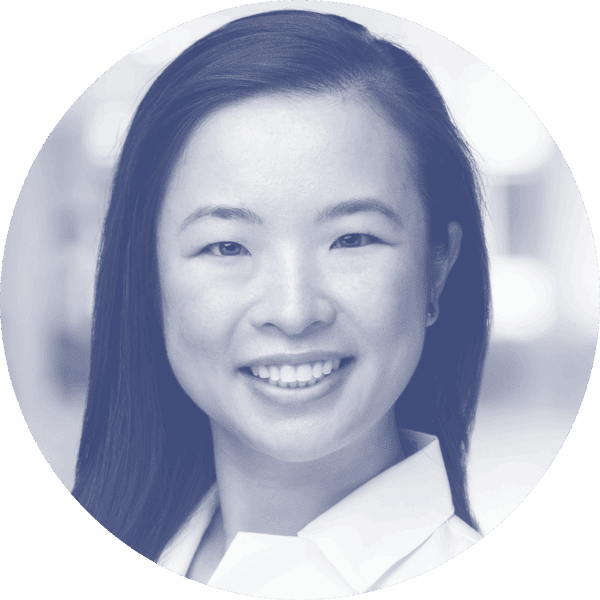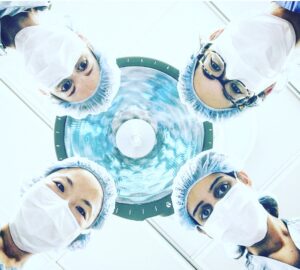Meet Our Advocates: Dr. CeCe Cheng

Where do you call home?
I immigrated to the United States from China when I was young, and have lived in many parts of the country including Omaha, Pittsburgh, Boston, Cincinnati, Houston, and Dallas. My parents moved to Seattle when I was in medical school, and though I have never officially lived there, home is where my family is. Most recently I lived in Cleveland, OH and now am in San Antonio, TX.
What’s your specialty or area of expertise? I am an obstetrician/gynecologist and am currently completing subspecialty training in Maternal Fetal Medicine, also known as high risk obstetrics.

What first inspired you to become a doctor?
My parents were both MD/PhDs who practiced medicine in China before we moved to the US. They are my role models, but I was actually really hesitant about going into the field of medicine after seeing them go through residency again in their 40s and the challenges they faced. However, that all changed after taking a course in college when I realized there were still innumerable inequities in medical care, socioeconomic barriers, and even medical research that limited reproductive health. That moment inspired me to pursue obstetrics and gynecology so I could advocate and help patients access the care they need and deserve.
What advice do you have for medical students and residents wanting to incorporate advocacy into their day-to-day? Advocacy looks different for everyone. Some people have prior training in health policy or law and have experience providing testimony in front of large groups. Others don’t, but that doesn’t mean they don’t have anything to offer. To be an advocate is to support the patients you care for on a day to day basis who may not have the health literacy or structural support to fight for equitable care. It is trying do what is best for the patient.
What current policy issue especially motivates you to be an advocate? I am passionate about reproductive justice, including the right of people to access contraception, abortion care, education, and comprehensive prenatal care. So often these issues are politicized when in actuality, improving access to these basic rights has been shown to improve overall health outcomes, and in particular maternal morbidity and mortality.

How have the events of the past few years shaped how you view being a physician advocate? The past few years have been a time of transition. From witnessing the social injustices highlighted by the pandemic to becoming an abortion provider and then moving to a state with the most restrictive abortion regulations in the country, these experiences have taught me to no longer be complacent, but to speak up for what I believe in.
What is bringing you joy these days? It has been nice to take a step back from the daily grind of residency and finally take time to recharge. I’ve enjoyed being able to get back into reading (for fun, not work), spending time outdoors, and getting to know my new colleagues. I’ve also found it much easier to keep connected with friends and family, all of whom have been a huge source of support during this time.

